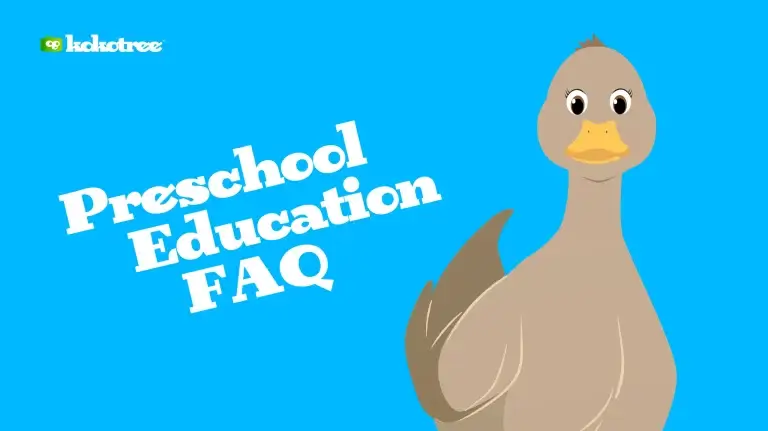

Most parents start thinking about their child’s education as soon as they’re born. But what’s the best way to prepare your little one for kindergarten and beyond? Many questions come up when considering preschool education, so we’ve compiled a list of the most common FAQs to help you make the best decision for your child. Keep reading to learn more!
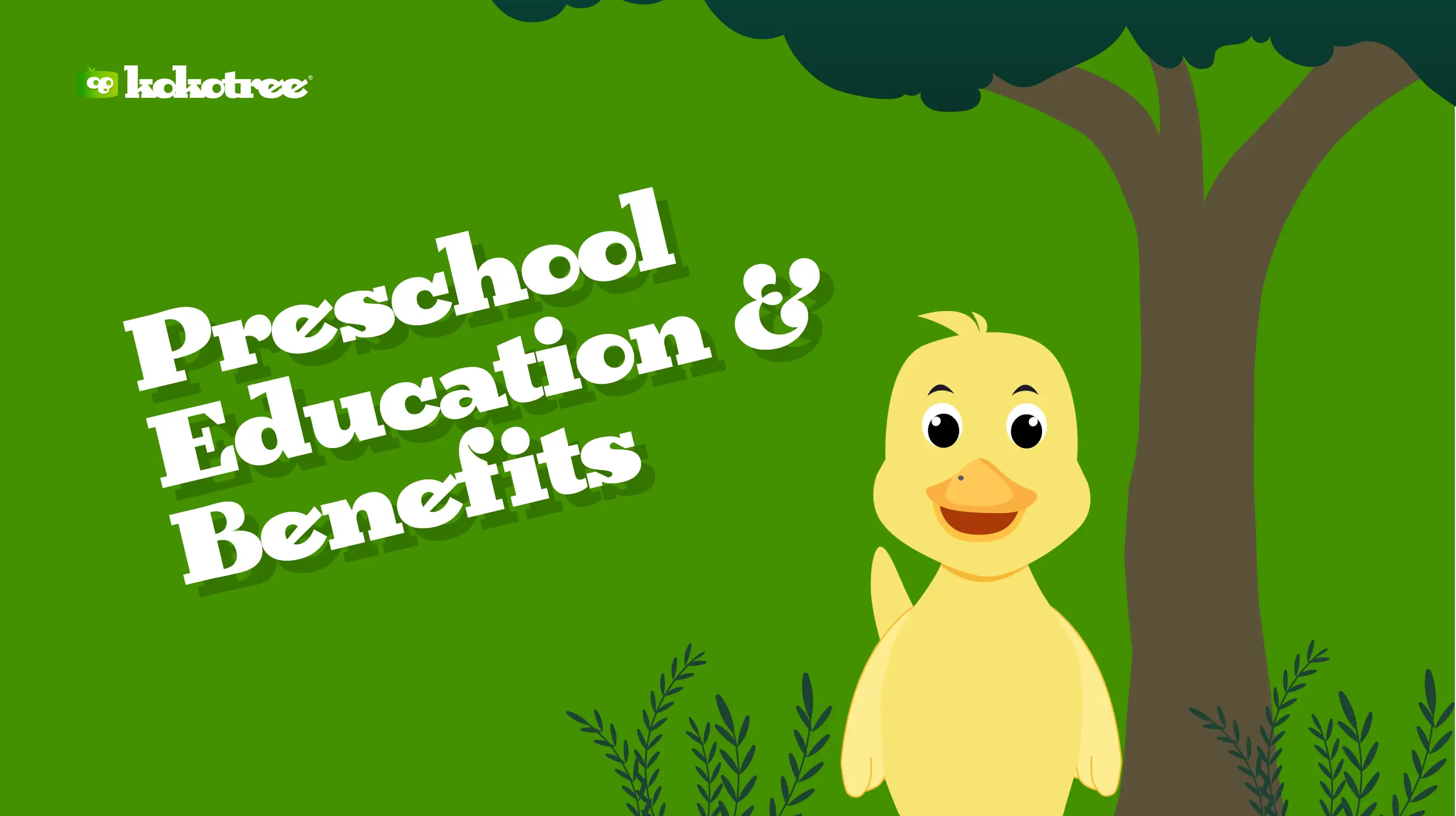
Preschool education is a program for children aged three to five. The main aim of preschool education is to prepare children for kindergarten and elementary school. Preschool education can be delivered in various settings, including public and private schools, daycare centers, supplemental educational videos, a learning app for preschoolers, and home-based care.
There are many benefits of preschool education for children. Preschool education can help children develop cognitive skills, such as problem-solving and critical thinking. In addition, preschool education can promote children’s social and emotional development. For example, preschool education can help children learn to share, cooperate, and resolve conflicts with others. Moreover, preschool education can also encourage physical development in children by providing opportunities for them to be active and engaged in movement activities.
What age should you send your child to preschool? It’s a question plenty of parents agonize over, trying to find the perfect time to start their child on the path to education.
While there is no black-and-white answer, we can guide you on what to consider when deciding. Keep reading for information on different types of preschool and when each may be appropriate for your child!
For most people, the word “preschool” conjures up images of three and four-year-olds running around a playground.
However, the age range for preschool is broad. In some cases, pre k age (preschool age) may begin as early as two years old, while in others, it may not start until four or five. The age range for preschool can also vary depending on the country in which you live.
For example, most preschool programs serve children between three and five years old in the United States. In contrast, preschool programs in other countries may help children as young as two or as old as six.
There is no one-size-fits-all answer to the question of what age preschool is. However, most experts agree that the key defining characteristic of preschool is that it is a time for young children to learn and grow in a safe and nurturing environment.
Many parents are curious about how many preschool years their child should attend. This question has no definitive answer, as it depends on each child’s unique abilities and needs.
However, parents can consider a few factors when making this decision. Generally, attending preschool for a couple of years before kindergarten is ideal, but some children may need more or less time in preschool, depending on their development.
The quality of the preschool program is essential, so be sure to research before selecting a school. Ultimately, it is up to the parents to decide what is best for their child and decide how many years of preschool they should attend.
Many parents wonder whether preschool is essential or if it can be skipped altogether.
While there are some benefits to enrolling your child in a preschool program, such as greater social and academic readiness for kindergarten, this decision ultimately comes down to the individual family.
Some families may decide they do not want their child to attend preschool, while others may choose to only send their child for one year before enrolling them in kindergarten full-time. Ultimately, the choice depends on what you think is best for your child’s development and how much time you have available to care for them.
Yes, it’s a good idea if you want your child to be prepared for kindergarten and beyond. Choosing a high-quality preschool program can help your child develop essential social and academic skills while also allowing them to explore and learn in a safe setting.
If you are considering enrolling your child in preschool, research different options in your area and talk to other parents for their advice. It is up to you to decide what’s suitable for your family!
The cost of preschool can vary widely, depending on several factors, such as location and program offerings. On average, parents can expect to pay several thousand dollars annually for a high-quality preschool program.
However, there are many ways that you can minimize this cost. For example, many preschools offer scholarships or financial aid to families who cannot afford the total tuition rate.
Additionally, some schools may be able to work with your family on payment plans or other arrangements so that the cost is not an obstacle to your child’s education.
Ultimately, if you want what is best for your child and are willing to do what it takes to make it happen, there is no reason why you should not be able to find a high-quality preschool program that meets your budget. So research, talk to other parents, and find the right school for your child!
There are a few challenges associated with preschool education. First, access to quality preschool education can be unequal. For instance, low-income families or families living in rural areas may have less access to high-quality preschool education. Second, the quality of preschool education can vary greatly. This is because there is no single standard for a high-quality preschool program. As a result, some preschool programs may be more effective than others in promoting child development. Finally, the costs of preschool education can be prohibitive for some families. High-quality preschool programs can be expensive, and families may need to sacrifices to send their children to preschool.
When choosing the right preschool for your child, there are a few things to consider. First, you should consider your child’s individual needs and interests. For instance, if your child is shy or has special needs, you may want to look for a preschool that offers small class sizes or specialized programming.
Second, you should consider your family’s budget. Preschool programs can be expensive, so you must ensure that your chosen program is affordable for your family.
Finally, you should visit the preschools you are considering and speak with the staff to get a sense of the program and whether it would be a good fit for your child. When visiting preschools, pay attention to the quality of the facilities and the ratio of adults to children.
In addition, ask about the curriculum and whether it is aligned with your child’s developmental needs.
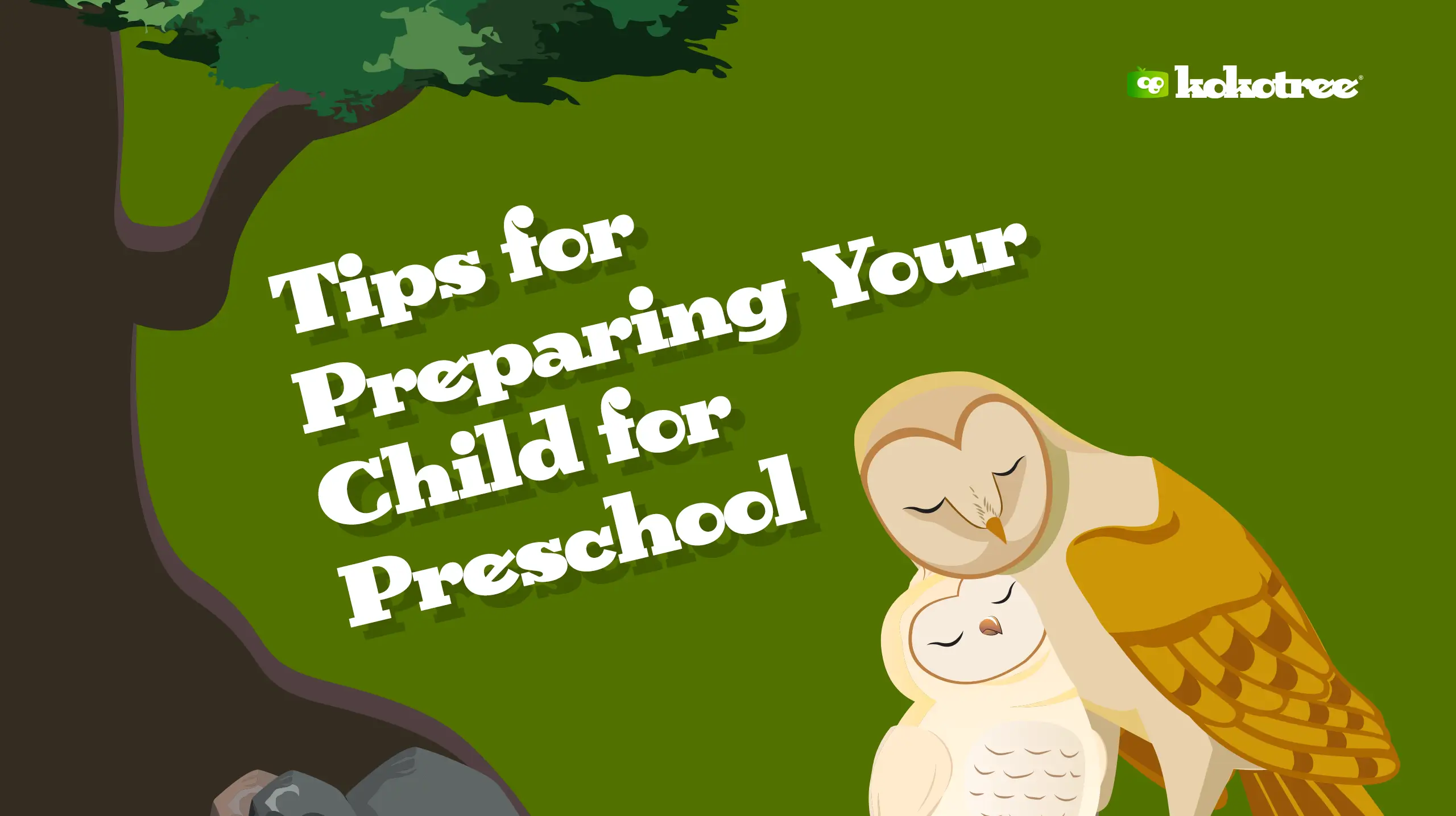
You can do a few things to help prepare your child for preschool. First, begin talking to your child about preschool a few months before they start. This will help your child understand what to expect and get excited about the prospect of attending school. Second, visit the preschool with your child to familiarize them with the environment. Finally, ensure your child has all the necessary supplies, such as a backpack, lunchbox, and change of clothes. It would help to label your child’s belongings with their name to avoid mix-ups.
There are a few signs that your child may be ready for preschool. First, your child should be able to follow simple instructions. For instance, your child should be able to put on their clothes and brush their teeth. Second, your child should be able to share and take turns with other children. Third, your child should be able to communicate their needs. Finally, your child should be interested in learning new things and exploring the world around them. If your child exhibits all of these behaviors, they are likely ready for preschool. However, every child is different, so it is essential to consult with your child’s doctor or preschool teacher to get a more accurate assessment.
You can do a few things to help your child adjust to preschool. First, start with a short transition period. For instance, you may want to begin by sending your child to school for only a few hours each day. Second, be supportive and optimistic about the experience. This will help your child feel more confident about attending school. Finally, stay in communication with your child’s teachers. This will help you stay informed about how your child is adjusting and whether they are having any difficulties.
Preschool programs vary, but most include a mix of academics, socialization, and play. During academics time, your child will likely learn to recognize letters and numbers and begin developing essential reading and math skills. Socialization activities will help your child interact with other children and adults. Playtime is vital for helping your child develop physically, emotionally, and cognitively. Preschool activities will also help your child develop essential life skills, such as cooperation, patience, and problem-solving. These skills will be crucial when your child starts kindergarten and beyond.

Get free parenting tips, news, updates, and content from Kokotree.
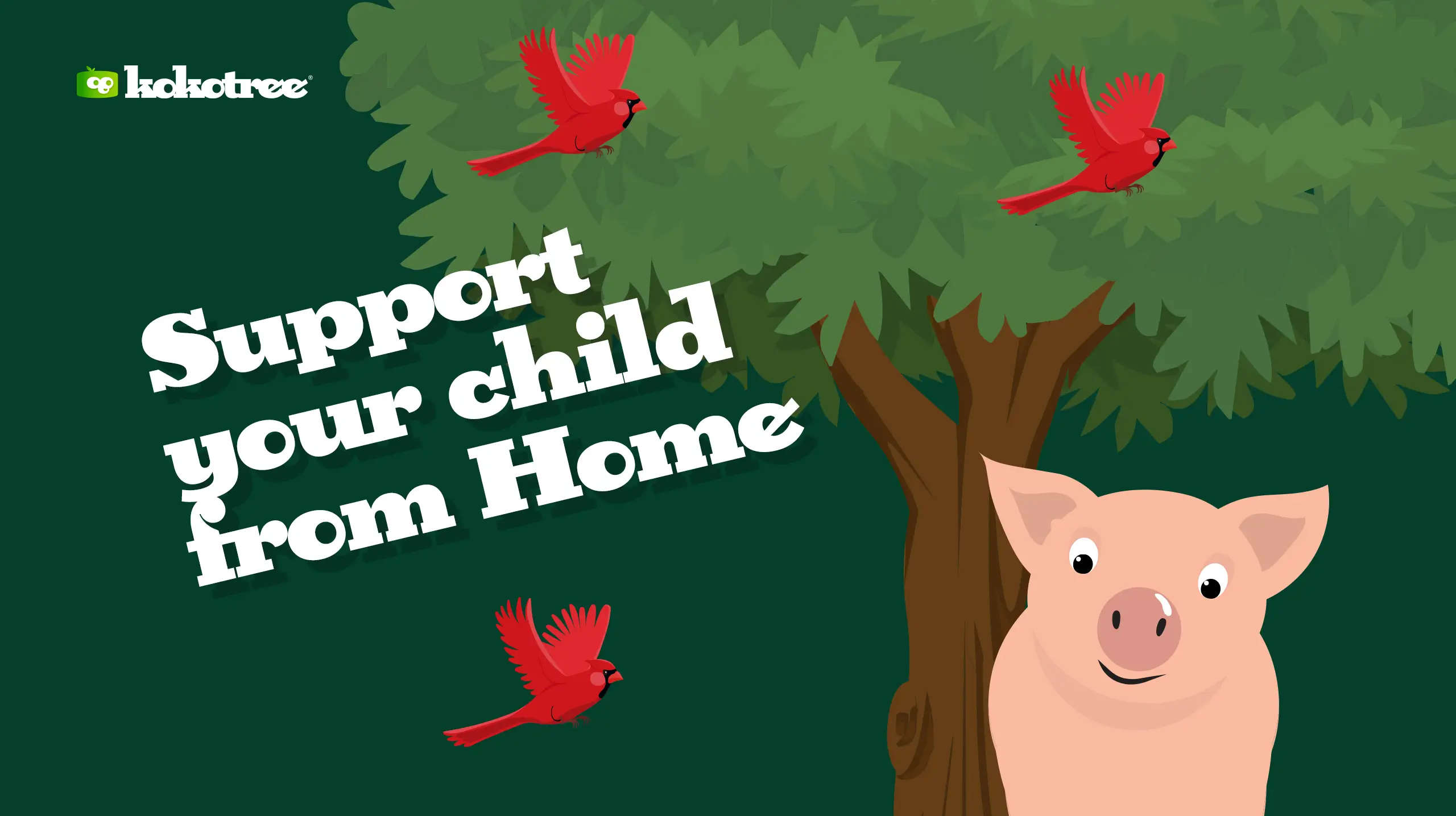
You can do a few things at home to support your child’s preschool experience. First, continue reading to your child and exposing them to new words and concepts. Second, provide opportunities for your child to practice the skills they are learning in preschool. For instance, you might set up a pretend store and have your child practice counting money. Third, talk to your child about their day at school. This will help your child process and make sense of their new experiences. Finally, be supportive and positive about your child’s preschool experience. This will help your child feel confident and motivated to continue learning.
Some common concerns parents have about preschool include the cost of tuition, the program’s quality, and whether their child is ready for the experience. These concerns are understandable, but there are ways to address them. First, research different preschool programs to find one that fits your budget and your child’s needs. Second, talk to other parents who have enrolled their children in preschool. This can give you a better idea of what to expect. Finally, consult with your child’s doctor or preschool teacher to get a more accurate assessment of whether your child is ready for the experience.
There are a few signs that your child is having difficulty adjusting to preschool. First, your child may seem withdrawn or uninterested in school activities. Second, your child may be having trouble sleeping or eating. Third, your child may be acting out more than usual. These are all normal reactions to the stress of starting preschool. However, if these behaviors persist, it may be a sign that your child is having difficulty adjusting to the new environment. If this is the case, talk to your child’s teacher or doctor to get more information and help.
When it comes to preschool education programs, there are a few things that parents should be aware of. First, not all programs are created equal. Make sure to do your research to find a program that is right for your child. Second, socialization is an integral part of the preschool experience. However, you should also ensure that your child gets enough time to play and explore independently. Finally, academics are important, but remember that preschool is also a time for your child to develop emotionally and cognitively. Make sure to provide opportunities for your child to grow in all areas.
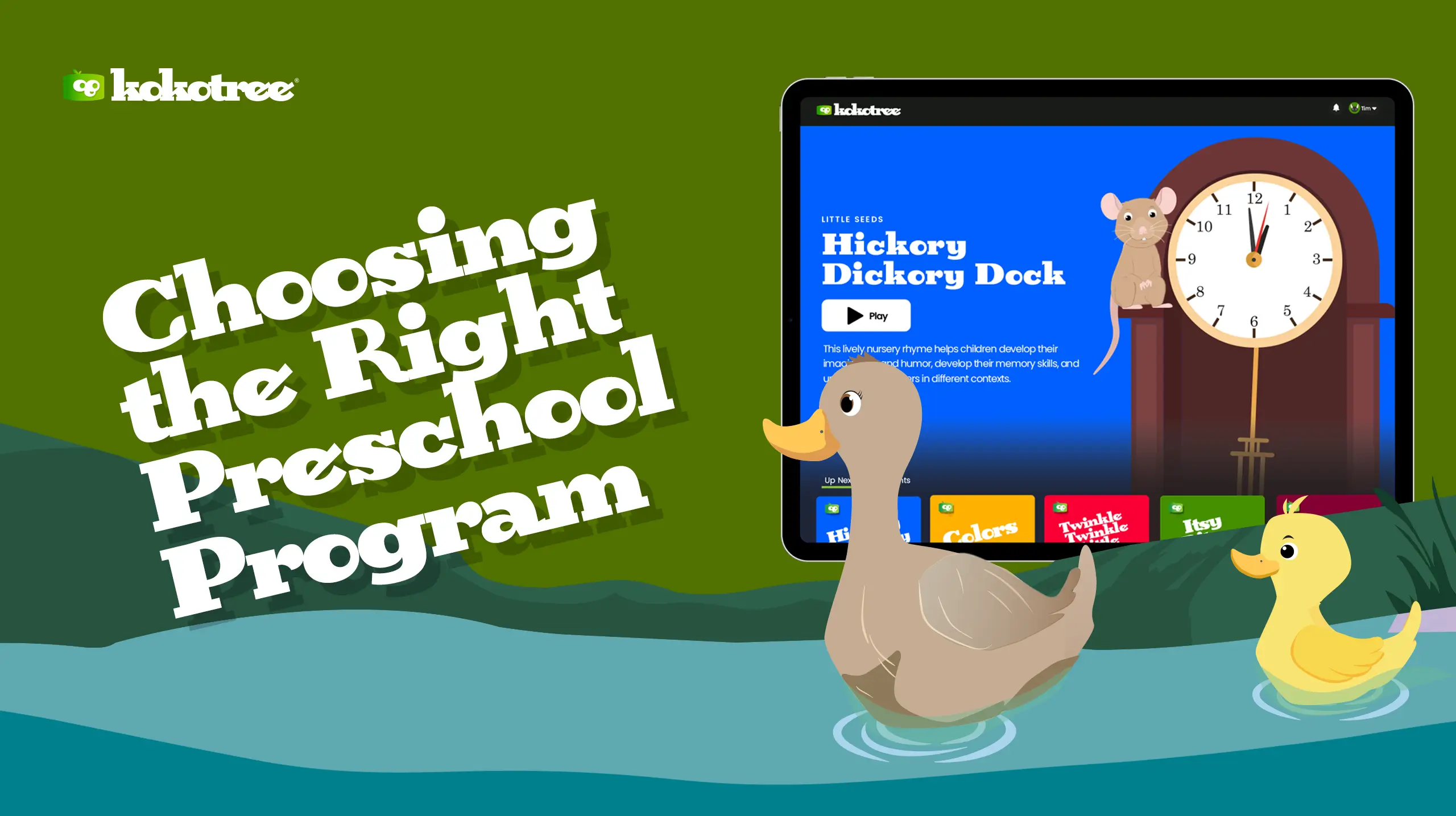
Here are a few tips for choosing the right preschool program for your child:
If you think your child is ready, they might be able to go to kindergarten after preschool. If they’re not quite ready yet, there are other things you can do. You can talk to your child’s preschool teacher or another trusted adult. You can also read books about kindergarten or visit a kindergarten classroom. If you’re unsure, you can wait a year and send your child to kindergarten when they’re five years old.
You might want to start kindergarten if your child can: Follow simple instructions. Be potty trained. Listen and follow directions. Communicate his or her needs and wants.
Some states have kindergarten readiness standards that list specific skills your child should have before starting school. Ask your child’s doctor or preschool teacher if they think your child is ready for kindergarten.
Many preschool games focus on helping children learn these concepts in a fun and interactive way. Some popular educational games for preschoolers that focus on these concepts include:
These are just a few of the many educational games available to kids. By playing these games, kids can learn important concepts while having fun.
By answering these FAQs, we hope you feel more confident about whether or not to send your little one to preschool. Attendance has many benefits, and it’s an important step in preparing children for elementary school and beyond.



